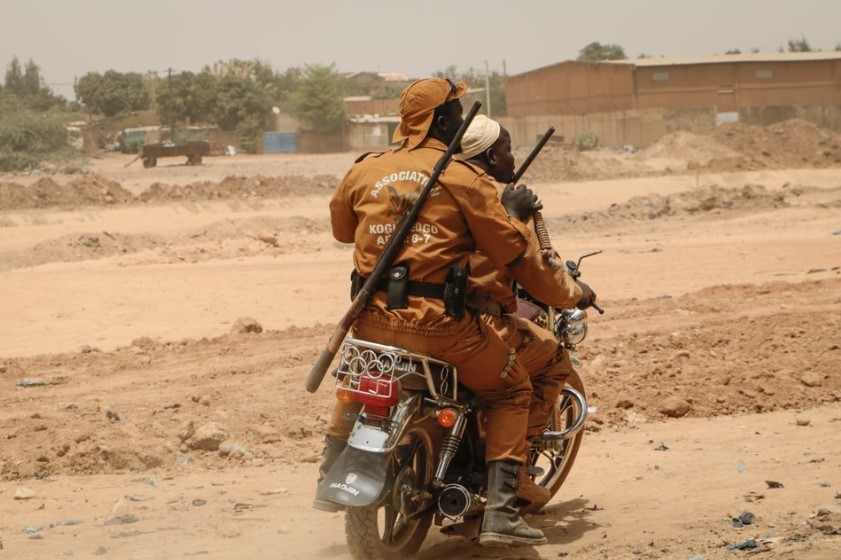On Friday around 60 civilians were killed in northern Burkina Faso by individuals who were dressed in uniforms that resembled those of the Burkinabe armed forces, as stated by local prosecutor Lamine Kabore. According to Kabore, the police in the town of Ouahigouya provided the information.
The attack occurred in the village of Karma in Yatenga province, an area that has been plagued by Islamist groups affiliated with al Qaeda and Islamic State, which have been conducting repeated attacks in the region for several years.
An investigation has been initiated into the attack, but no further information has been released. The event comes on the heels of a similar attack on April 15, in which unidentified attackers killed 40 people and wounded 33 others in an assault on the army and volunteer forces in the same region of northern Burkina Faso near Ouahigouya.
The increase in attacks by armed groups on civilians since 2022 has alarmed international organizations. A Human Rights Watch report in March noted that state security forces and volunteer defense troops have engaged in numerous abusive counter-terrorism operations. The report also documents extrajudicial killings, torture, and arbitrary detention by government security forces. The upsurge in violence has resulted in the displacement of more than 2.5 million people.
The conflict in Burkina Faso began in 2012 when Islamist groups hijacked a Tuareg separatist uprising in Mali. Since then, violence has spread to Burkina Faso and Niger, resulting in thousands of deaths. The UN has called for increased efforts to protect civilians and provide humanitarian aid.
The government of Burkina Faso has struggled to contain the violence and has been accused of human rights violations in its efforts to combat Islamist groups. In February 2021, a United Nations report documented numerous instances of extrajudicial killings, arbitrary detention, and torture by government security forces.
The escalating violence has led to a growing humanitarian crisis in Burkina Faso. According to the United Nations, the number of people in need of humanitarian assistance in Burkina Faso has risen from around 2.2 million in January 2021 to over 3.5 million in March 2022, due to the ongoing violence and displacement of people from their homes.
The situation in Burkina Faso has raised concerns among neighboring countries and the international community. The African Union has called for greater support for the government of Burkina Faso in its efforts to address the crisis. In 2020, the G5 Sahel countries – Burkina Faso, Chad, Mali, Mauritania, and Niger – launched the Joint Force of the Group of Five for the Sahel (FCG5S) to combat the Islamist insurgency in the region. The force, which is supported by the UN and the European Union, has had some success in pushing back the Islamist groups.
However, the violence in Burkina Faso continues to escalate. In addition to the attacks by Islamist groups, there have been reports of inter-communal violence in the country. In February 2022, clashes between the Dogon and Peul communities in Yatenga province resulted in the deaths of at least 20 people. The government has been criticized for failing to address the underlying causes of the inter-communal violence, such as land disputes and competition for resources.
The humanitarian situation in Burkina Faso is expected to worsen in the coming months, as the rainy season begins and access to remote areas becomes more difficult. The UN has called for increased funding for humanitarian aid and for efforts to address the root causes of the conflict.
The conflict in Burkina Faso is part of a larger crisis in the Sahel region of West Africa, where Islamist groups have gained strength and carried out attacks in several countries.
The crisis has been fueled by poverty, unemployment, and a lack of basic services in the region, as well as the proliferation of small arms and light weapons.
Image Credit: Sam Mednick/AP





